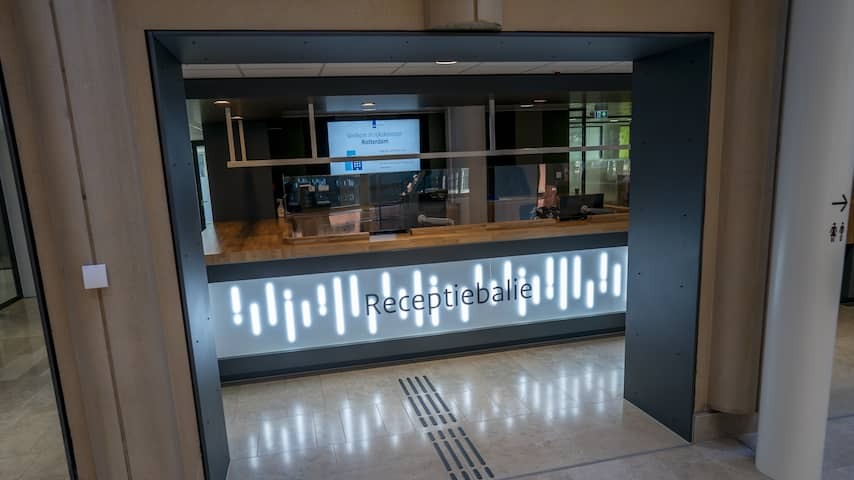
The Tax Administration is struggling to detect fraudsters. The organization loses money if it lets fraudsters go, but is also wary of privacy regulations. Several methods have already been discarded.
The Tax Administration receives reports from the Public Prosecution Service or the Dutch Labor Inspectorate about suspected serious fiscal misconduct. These can involve exploitation and human trafficking. However, dealing with these more serious fraud reports is accompanied by internal disagreement, according to research by the Tax, Benefits and Customs Inspectorate.
Within the Tax Administration, there are roughly two factions: employees who want to track down fraudsters as quickly as possible and employees who want to guarantee privacy first.
“We emphasize that all employees are committed to the importance of complying with privacy legislation, but that opinions differ on how,” the inspectorate writes. It also sees that employees feel pressure from society.
During the inspection investigation, employees spoke of “demoralization and an experienced cramp in the organization that arose from caution and the fear of taking risks.” Handling personal data is very sensitive. The Tax Administration was punished in 2022 for drawing up blacklists of suspected fraudsters.
On a blacklist without proof of fraud
Between 2013 and 2020, the government worked with the so-called Fraud Signaling Facility, which resulted in at least 240,000 people being placed on a blacklist without proof that they had actually committed fraud. It concerned people with a certain nationality or other “suspicious circumstances.”
The Tax Administration shared the data of these people with other agencies, which could cause them problems with applying for benefits, allowances or social housing. They were also dealt with extra harshly when, for example, they ran into financial problems due to a tax assessment.
The data of the people on the list was kept indefinitely. After revelations by Trouw and RTL, the use of the lists came to an end. The Dutch Data Protection Authority (AP) imposed a fine of 3.7 million euros on the Tax Administration.
New methods end up in the trash
Subsequently, the Tax Administration developed a new system to register and process signals about fraud, the Temporary Signals Facility (TSV). That too did not meet the legal requirements. In 2024, the handling of reports came to a standstill.
Tax inspectors are now processing reports manually. A new method that does comply with privacy legislation is in principle ready, but the necessary ICT support is not yet available. That should be the case in the third quarter of 2025.